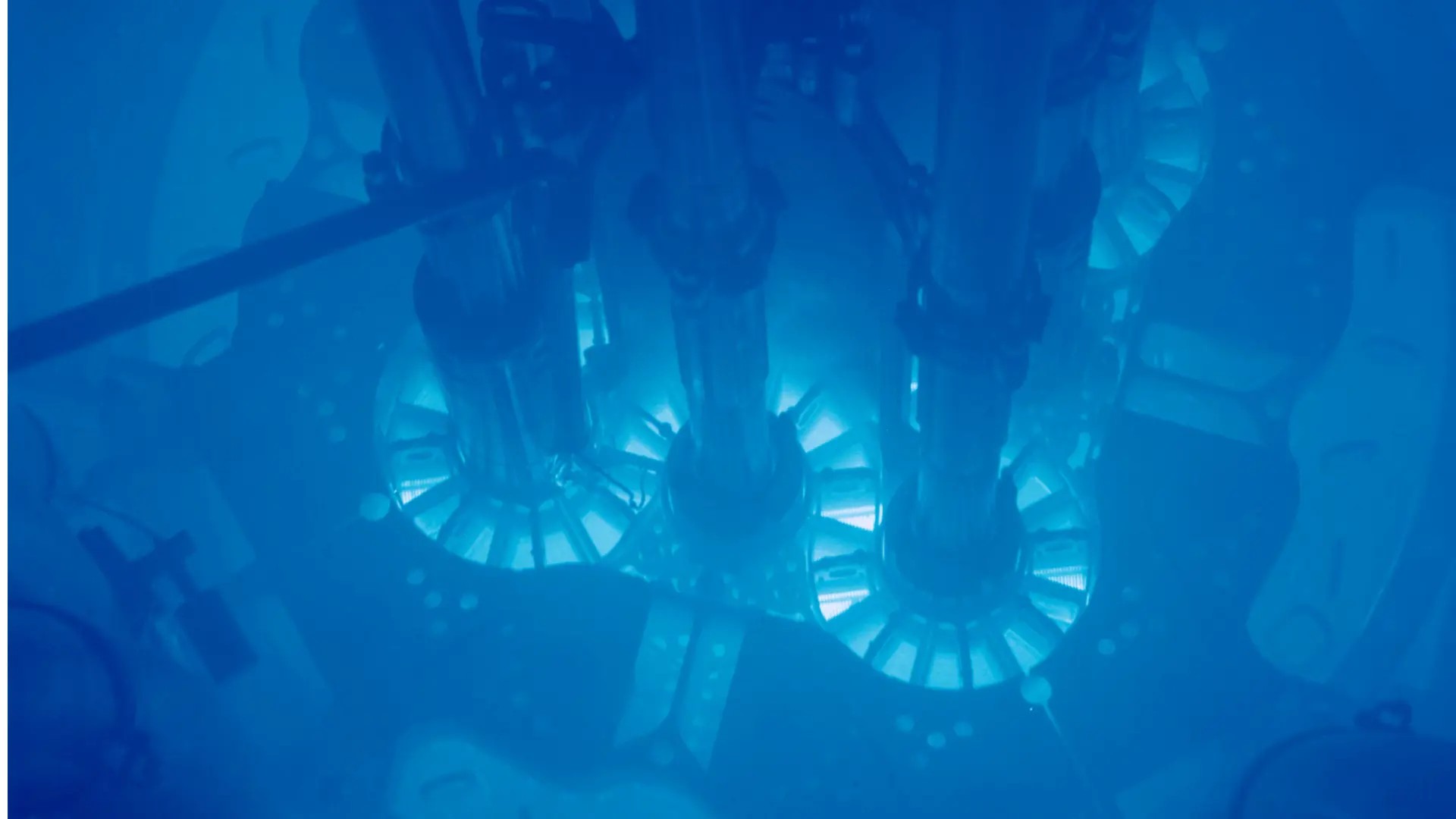
Nuclear power technology has been a major asset since the mid-70s for decarbonizing electricity generation and for decreasing our reliance on fossil fuel. With more than 400 nuclear reactors currently in operation worldwide (more than 90 being in Western Europe) and more than 50 under construction, nuclear reactors will play a significant role for many years to come. By following this course, you will be able to understand the development of this technology from its early days, how it works, its advantages, disadvantages, limitations, and how it contributes to some of the United Nations’ Sustainable Development Goals.
General information
The course is an elective interdisciplinary course worth 7.5 ECTS which is not included in any other educational program. Beyond presenting nuclear reactors in a broad societal context, the course describes the technological aspects of nuclear reactors and their physics.
Three main themes are covered in the course:
• History of nuclear power development. After introducing some elementary concepts in nuclear physics and radiation science, as well the basic working principles of nuclear reactors, the history of world nuclear power development is presented. The different generations of nuclear reactors are also detailed.
• Technology and physics of nuclear reactors. The entire fuel cycle in relation to nuclear reactors is first introduced. The technological aspects of nuclear power plants are then presented, before focusing on the nuclear core, i.e., the part of the system containing the nuclear fuel assemblies. The various physical phenomena of importance in the core are described, and the corresponding governing equations derived. Such equations are solved in simple enough situations/configurations to gain physical understanding. The control and operation of nuclear reactors are finally tackled, before introducing the basic principles of nuclear power safety.
• Nuclear power, saving the world? The last part of the course focuses on nuclear fuel resources, the risks associated with nuclear reactor technology in general and the proliferation risks in particular, and the future prospects of this technology. The ethical aspects of nuclear power are also covered.
The course is a flipped course, which means that self-paced learning elements are provided on each chapter, followed by teacher-led interactive sessions promoting active learning. Those interactive sessions are offered in a hybrid set-up and can thus be attended onsite at Chalmers or remotely on the web. In the remote attendance option, the course is thus entirely web based. The sessions are typically organized on Monday afternoons (in study period 1) and on Friday mornings (in study period 2). The sessions are largely based on group work/activities promoting intercultural and interdisciplinary collaborations between peers.
In addition, the groups need to work on some projects offered throughout the course. By applying the learned concepts on practical examples and via the support from the teaching staff, you will develop an in-depth understanding of the technology and physics of nuclear reactors.
For more information, please contact: Prof. Christophe Demazière demaz@chalmers.se
Prerequisites
The course is open to all 4th and 5th year students (MSc level), as well as to PhD students. Other attendees could also be, e.g., ERASMUS students at the MSc level, Chalmers Alumni, and professionals active in Sweden. The course is first and foremost directed to students learning engineering or having an engineering background. All main concepts are derived from first principles in the course, making the course easily accessible to all students.
How to apply
You make your course selection at universityadmissions.se (or antagning.se for corresponding webpage in Swedish). Read more here.
For all other persons, apply through this form.
Details
Teacher: Prof. Christophe Demazière
Course dates: The course stretches over two consecutive study periods, study periods 1 and 2, starting next time in the academic year 2025/2026
Credits: 7.5 ECTS (Advanced level)
Course code: TRA410
Application deadline: Aug 19 - Sep 5, 2025